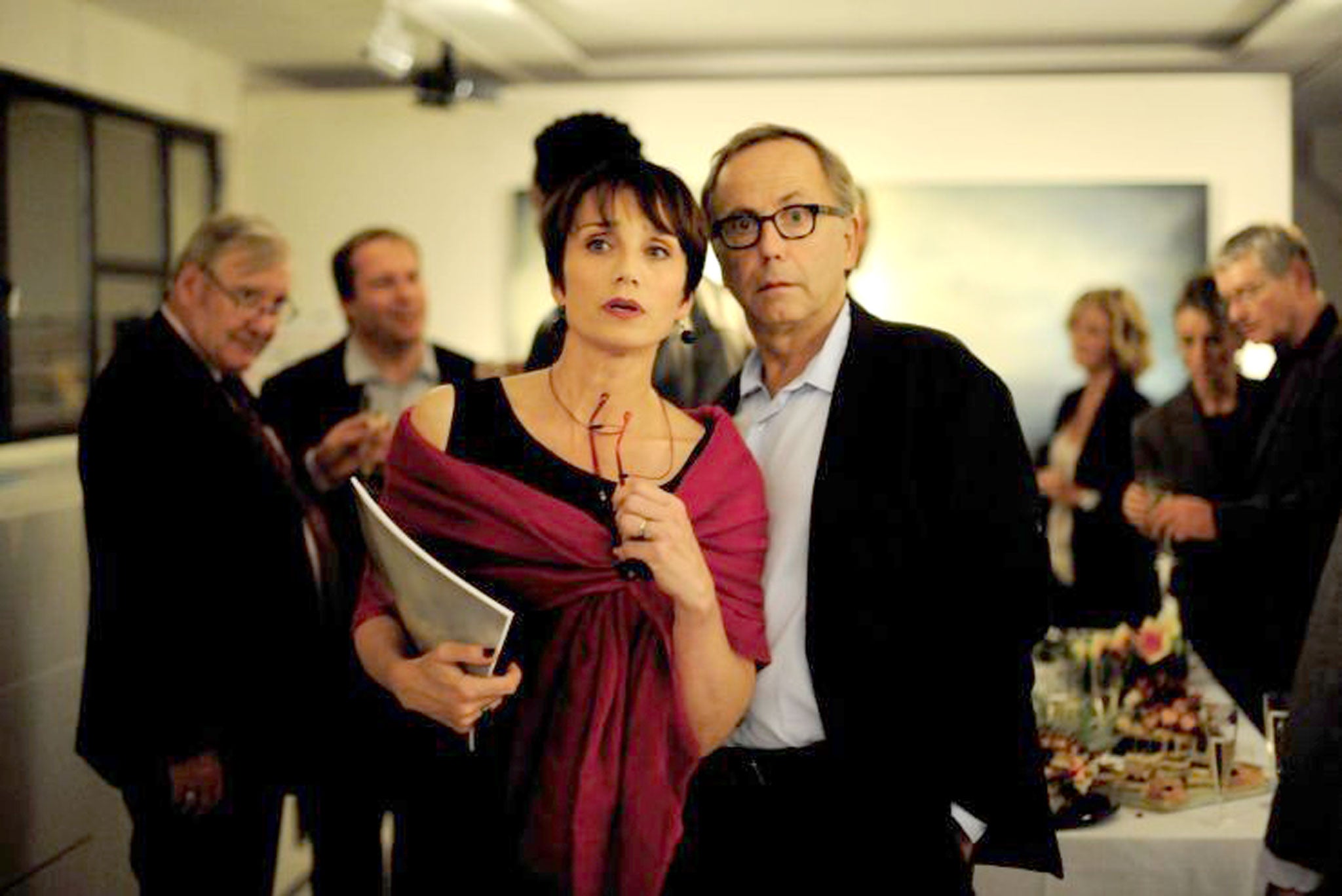
François Ozon's In the House plays games with narrative, though in a more beguiling literary fashion than cinema usually allows.
Flaubert-loving schoolteacher Germain (Fabrice Luchini) is bored by his students' writing assignments until he happens upon a story by 16-year-old Claude (Ernst Umhauer), who has started maths coaching in order to get close to his gormless pal's attractive mum (Emmanuelle Seigner), with her "intoxicating scent of the middle-class woman".
Amused and impressed – the stories always end with "to be continued" – Germain becomes editor/mentor to this bright pupil, giving the kind of stern but sound advice a promising writer needs: maintain suspense, get close without judging, let the reader fill in the blanks.
But what are those blanks? We cannot be sure exactly how much Claude is observing and how much he's making up, or indeed whether his teacher is actually in sinister cahoots with him. Germain's shrewd wife, Jeanne (Kristin Scott Thomas), is also intrigued by the tyro writer's playful-ironic tone, but she takes a more sceptical view of his output.
"Art in general teaches us nothing," she says, and she would know, being obliged to turn out art-catalogue waffle about "the dictatorship of sex" for the trendy gallery she manages – the glimpsed exhibits include a swastika formed from drawings of a penis. But Ozon's wittily observed script isn't just about unreliable narrators, or the intellectual poverty of the avant-garde. It also evolves into a portrait of a marriage: Luchini's shifty self-absorption played off against Scott Thomas's knowing cool.
Ozon is a brilliant manipulator of mood – Under the Sand (2001), with Charlotte Rampling as a widow in denial, is his masterpiece – and this latest builds with an air of elegant insinuation. We have already been wrongfooted by one nasty little feint, and come to dread another. The static settings of bedroom and schoolroom, of characters inserting themselves into a scene they're only reading about, suggest how it might also work as a play.
What it needs, and alas, doesn't get, is an ending to tie it all together. Instead of turning the narrative screw, In the House merely lollops to a halt, leaving the story not so much unresolved as incomplete. If Germain had received this from a student he would surely have written at the top, with justification, "See me."
Subscribe to Independent Premium to bookmark this article
Want to bookmark your favourite articles and stories to read or reference later? Start your Independent Premium subscription today.

Join our commenting forum
Join thought-provoking conversations, follow other Independent readers and see their replies